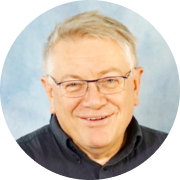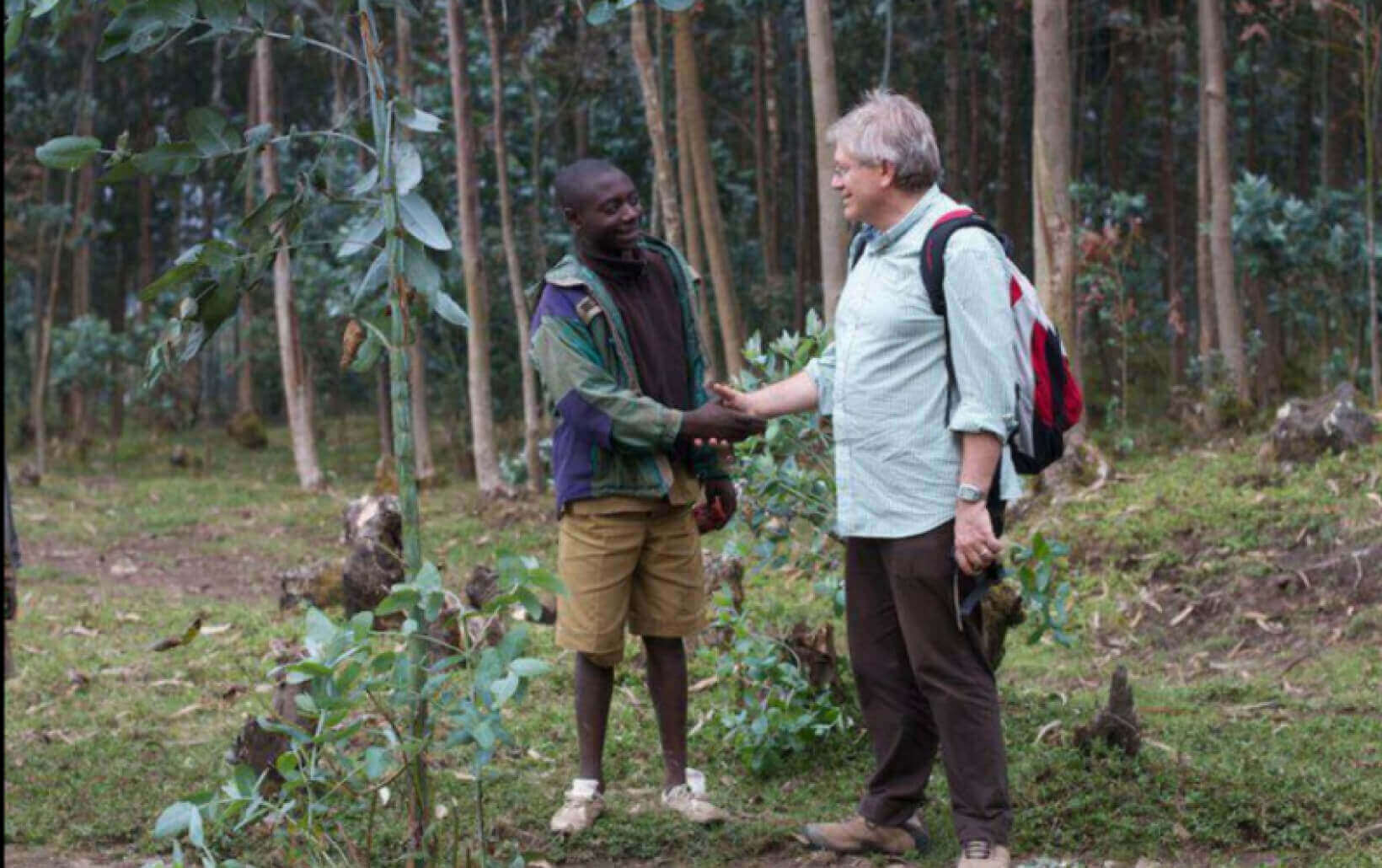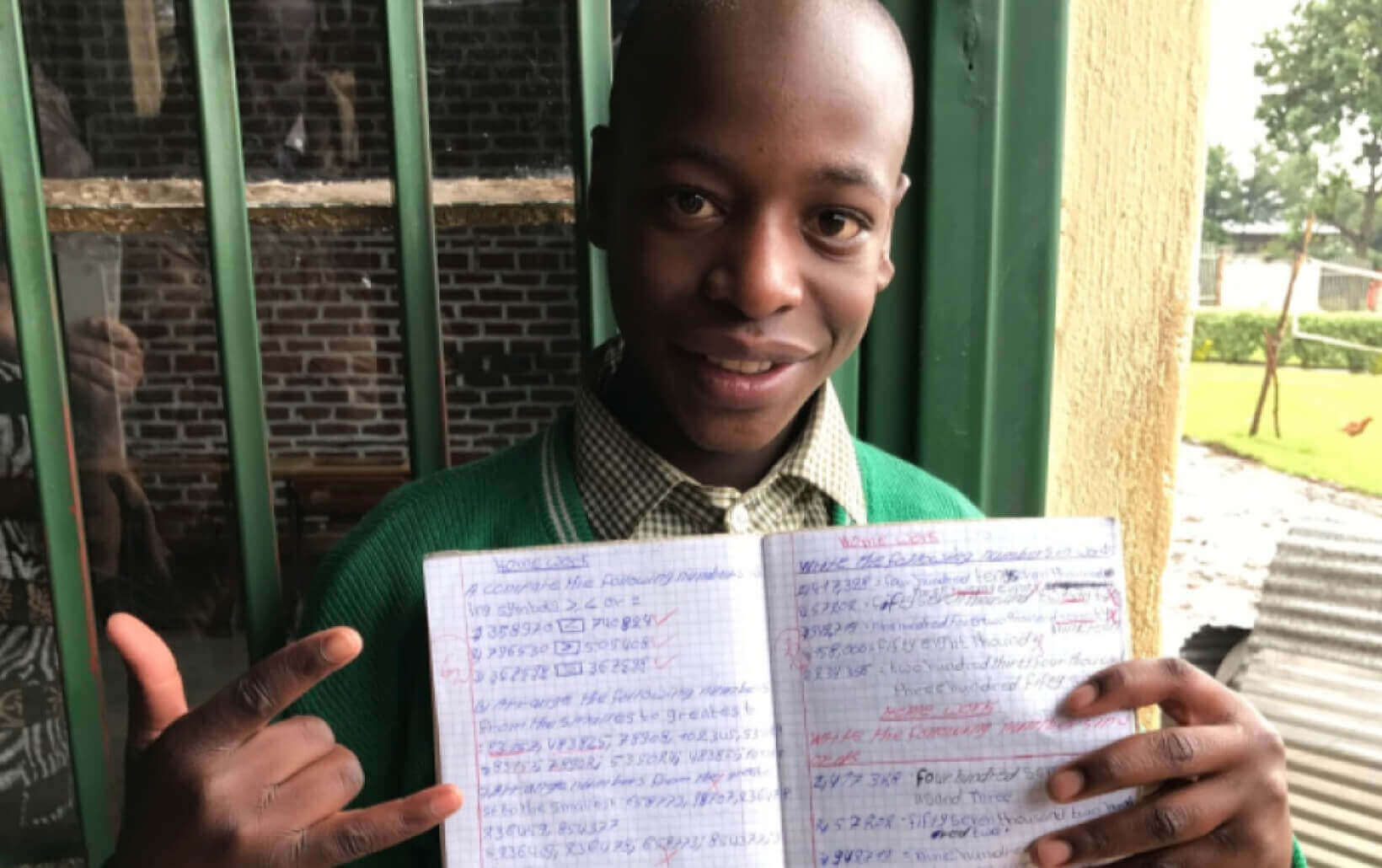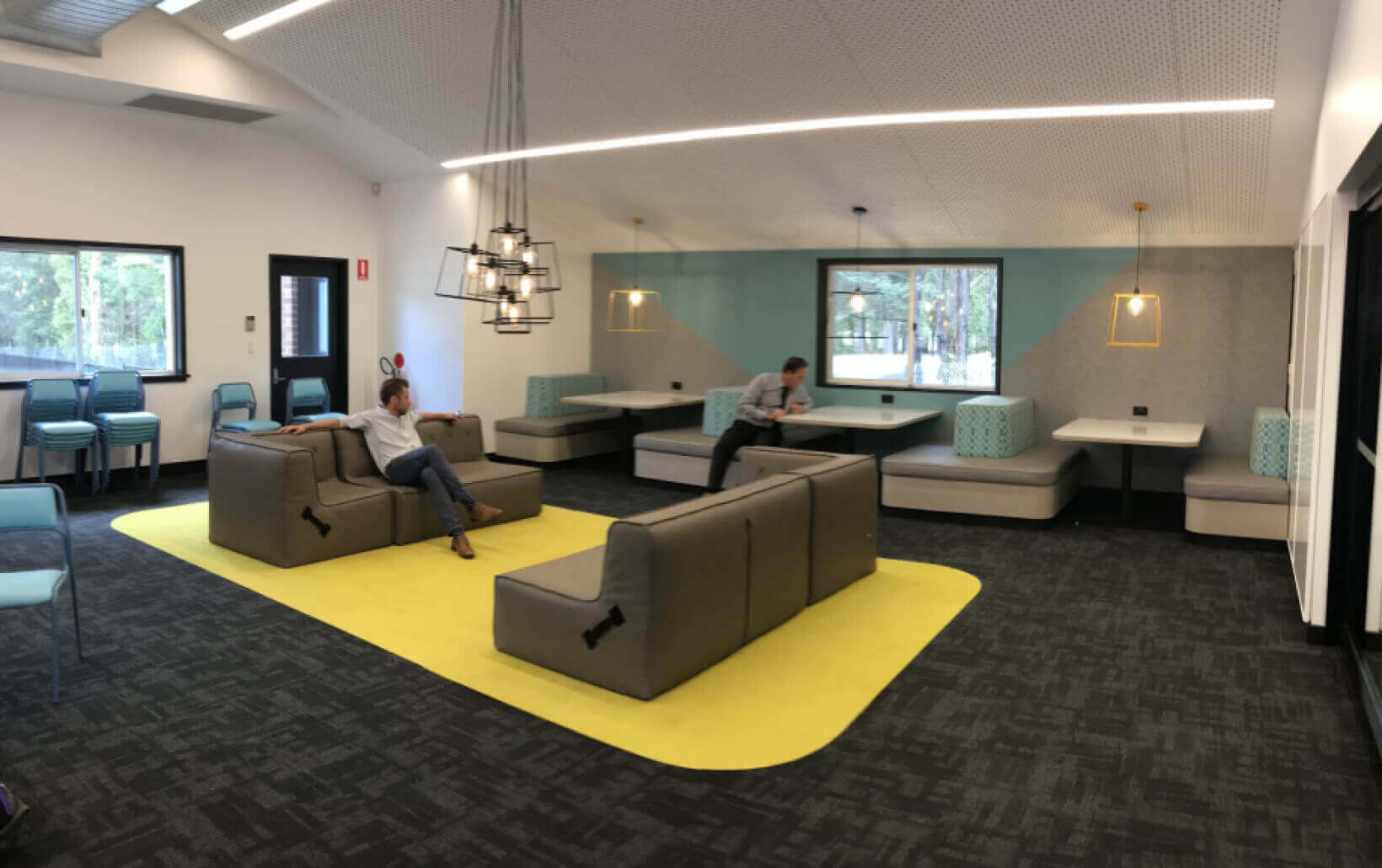
Stephen Harris
Former Principal and now Chief Learning Officer
Key Takeaway from Skodel: Timely and useful wellbeing data
It is often said that education is in need of transformation as traditional models no longer meet the needs of 21C learners. And in a world where 'disruption' seems to be the standard, it remains ever difficult to drive real change in our education models. For 40 years, Stephen Harris educated and inspired children within traditional forms of schooling, 19 of those as a Principal before arriving "at a point where he felt the future of learning would require fresh creativity to imagine new scenarios and contexts for learning - and that those wouldn't be ‘within the system’". Stephen's journey to reimagine education has taken him around the world, working with students from vastly different backgrounds, helping equip them with the life skills and belief they need to grow into resilient, purpose driven individuals with a lifelong curiosity for learning. Most recently, Stephen has been the driving force behind Learnlife, a fresh model for learning that is suited to the rapidly changing global contexts. Stephen is a true pioneer. We asked asked him to share his journey in education and the thinking behind Learnlife.
What inspired you to become a teacher?
I attended 6 different schools as a child/teenager across three countries (NZ, UK, Australia) and finished up really disliking schools and schooling. My best year at a school was when I was 11. I was enrolled in the NZ correspondence school for a year because our family was going to the UK for a year. I recall managing almost all of the year’s work on board the 38 day boat journey from Auckland to Southampton via multiple countries – and essentially taking the rest of the year off. That gave plenty of time to explore castles, the New Forest, the coast – that is where the real learning took place.
By the time I was in Year 12 in Sydney, I did not like schooling at all – and was an excellent & undetected truant. I did have one fantastic teacher for English – and more than anyone else, she inspired me with a love of literature and somehow I managed to do extremely well in that subject in particular. It was at the time where university was free – and also offering scholarships to become a teacher, so without really thinking about it too much, I enrolled.
Right from that point I recognised that schooling could be fun if the learner was placed at the centre of the process and that it was up to us as the adults to adjust anything and everything to ensure high enjoyment, curiosity and emotional well-being.
Describe one moment that made you realise how special it is to be a teacher.
There are many moments. I always felt it a privilege as a school Principal to become the quiet advocate for the kids who struggled with teachers, learning, school and sometimes their families. When those people start to turn a corner and gain (or regain) a curiosity for learning, often hand in hand with beginning to ‘like’ themselves, there is a strong sense that everything you do is very worthwhile.
Similarly, I should mention that my experience as a teacher has also taken me to Rwanda. Over a twelve year period I have watched kids who were initially upper primary age grow into amazing lifelong learners – many attending university. Many have come from some incredibly challenging economic backgrounds – but as you watch the gaining of an education help shift not only that person, but most commonly their entire families, into stronger circumstances financially, you can see that a quality and highly relational education is the answer to many of the world’s challenges.

There is one story though that stands out. I met a boy (young teens at the time) who is totally deaf and mute. He was living on the fringes of his village and could not attend school as no one could relate to him. I saw that once he was able to access suitable education, he has surged forward in every way, essentially completing about 8 years of schooling in four years. When I reconnect with him, you see the incredible privilege it is to be a teacher.

As co-founder and director of learning at Learnlife, you have played an integral role in shaping what is a unique educational model, can you describe the thinking behind it and in particular, the why.
I have always felt that a school experience will only be negative if we as adults are not prepared to daily adjust anything that impedes the enjoyment of, or engagement into, learning. When the opportunity arose to join with people from the entrepreneurial world and connect that directly with ‘education as it could be’, there was no thought other than to jump on board. The first version of ‘Learnlife’ was called ‘Our Dream School’, but as that dream became a reality, the name was changed to suggest the focus on life and lifelong learning.
In terms of the model at Learnlife, having chosen to target a program for post compulsory schooling, we were essentially free to make everything up. We were ‘outside the system’. Our thinking has always been to create the wider framework for creating a learning community within a wider ecosystem where a positive culture of learning was deeply embedded and was the subliminal driver for everything. Learnlife has been described as emergent mainstream – and it is very much guided by an understanding and aggregation of neuroscience research and aggregated best practice.
Why do this? The more we can show how the threads of change can come together, people can more readily gain a vision for learning that breaks out of the default traditional model. I also have a strong belief that ‘schools’ should be integrated into the wider society – so at Learnlife, the community involves multiple people of all ages and backgrounds growing, working and learning together.

Why did you decide to bring Skodel in to Learnlife?
I have always known that well-being and real learning go together. Kids are not going to thrive as learners if they do not feel safe or there is some other issue. I have had a growing sense that well-being has still been somewhat marginalised within school routines, even when introduced as a program, or with dedicated staff. It needs to be at the foundation of all decision making. Will this schedule or decision impact the learner’s well-being? When I became aware of Skodel, it immediately appealed because it can produce real time information useful for everyone in the community – and do so with very little effort. For that reason, I am very keen to see Skodel integrated with daily practice at Learnlife.
